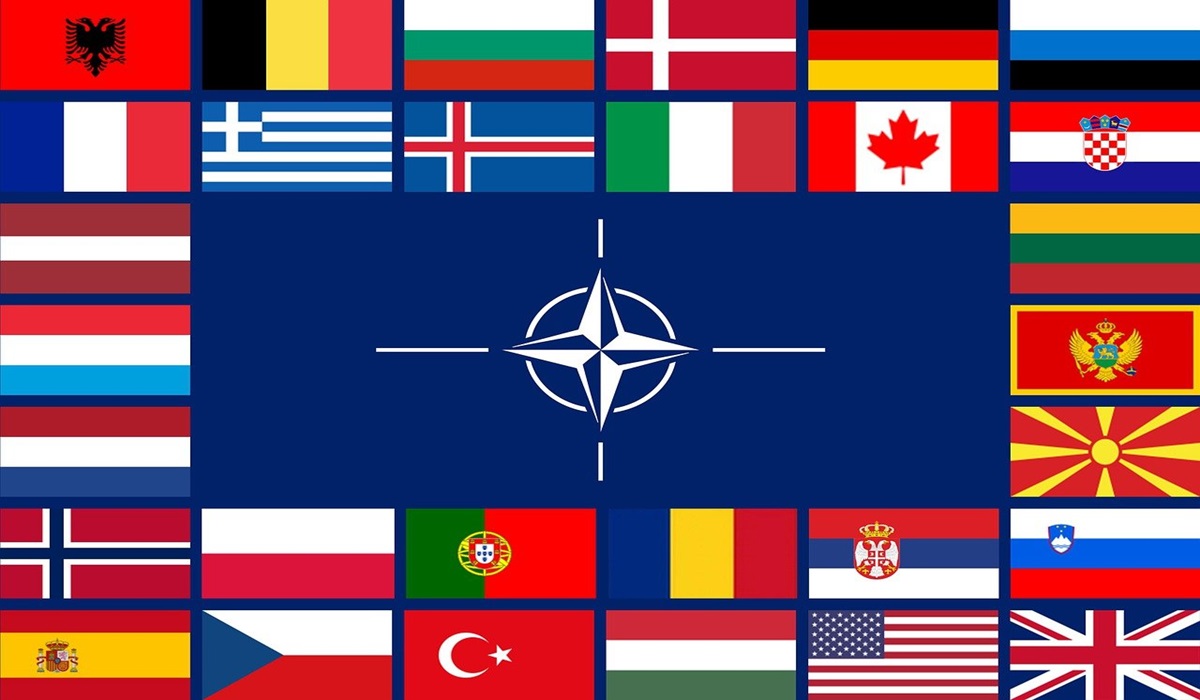Image Credit, WiR_Pixs
As the war between Ukraine and Russia drags on with no end in sight, the situation has reached a critical juncture. Ukraine, despite the influx of aid and military support from NATO allies, faces an increasingly untenable position. The country’s capacity to sustain the conflict is faltering under the immense strain of prolonged warfare, leading to speculations about the future of its leadership and governance.
Under the wartime provisions of Ukraine’s Constitution, elections have been suspended, raising the pressing question of who will lead the nation if President Volodymyr Zelensky’s tenure comes to an end. Zelensky, who has become a symbol of resistance against the Russia, may have reached the limits of his political and strategic influence. As the conflict persists, the role of external actors, particularly the United States and NATO, in shaping Ukraine’s political future becomes ever more apparent.
The war has seen unprecedented financial and military support from NATO countries, with hundreds of billions of dollars funneled into Ukraine’s defense. However, the prospects for a military victory appear increasingly dim, and the lack of a viable peace negotiation strategy has further complicated the situation. Multiple peace talks have been proposed, yet they have been consistently dismissed by both the United States and Ukraine, leaving little room for a diplomatic resolution.
Given these dynamics, there is growing speculation about whether the US and NATO will push for a change in Ukrainian leadership. Historically, the West has intervened in the political landscapes of other nations, often installing leaders more amenable to their strategic interests. Notable examples include Iraq, where the US-led invasion toppled Saddam Hussein’s regime and established a new government, and Afghanistan, where a prolonged military presence led to the creation of a US-backed administration. Libya’s Muammar Gaddafi was another leader ousted with NATO support, leading to a tumultuous power vacuum and subsequent attempts to stabilize the nation under Western influence.
The precedent of foreign intervention raises concerns about the sovereignty of Ukraine’s political process amid the ongoing war. As the conflict continues with no clear path to peace, the international community is left to ponder who will emerge as the next leader of Ukraine and how this transition will be managed. The stakes are high, not only for Ukraine’s future but for the broader geopolitical landscape, as the war’s outcome will significantly impact global power dynamics.
The war in Ukraine has reached a point where the sustainability of its current strategy is in serious question. With elections postponed and the likelihood of a negotiated peace appearing slim, the role of the US and NATO in determining Ukraine’s leadership becomes a critical issue. The historical context of Western intervention in foreign governments adds a layer of complexity to an already volatile situation, making the future of Ukraine a matter of significant international concern.









